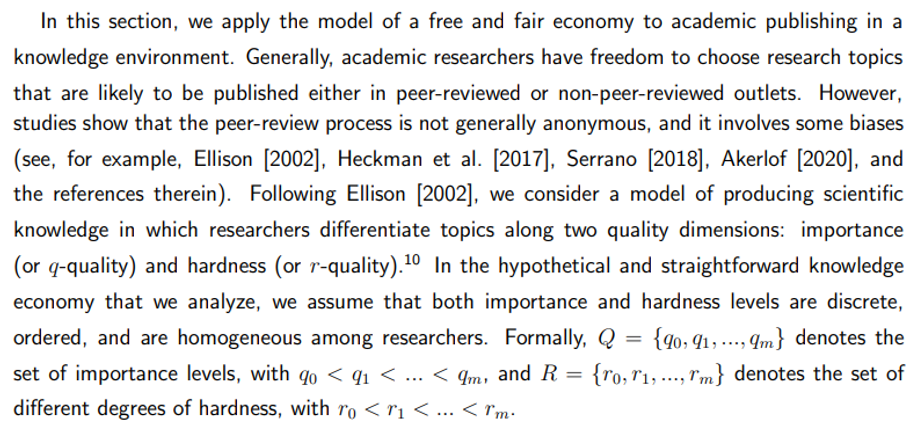KiteAI’s Powerful Token Model Rewards Real AI Value, Not Speculation


The post KiteAI’s Powerful Token Model Rewards Real AI Value, Not Speculation appeared first on Coinpedia Fintech News
The platform’s “AI Lego Blocks” architecture has processed over 1 billion agent interactions as it prepares for November token launch
KiteAI is flipping the script on crypto tokenomics with a model that rewards actual artificial intelligence contribution rather than speculation, positioning itself as infrastructure for the emerging autonomous agent economy.
The project’s KITE token utilizes Proof of Attributed Intelligence (PoAI), a consensus mechanism that measures real AI work completion and impact across complex workflows. Unlike traditional tokens that reward computational power or stake size regardless of output, PoAI tracks which AI components actually drive successful outcomes and compensates them proportionally.
According to the company, they started by asking how to enable autonomous AI agents to coordinate and transact fairly, with the economic model naturally emerging from that solution rather than engineering artificial demand.
The approach appears to be gaining traction. KiteAI’s testnet has processed over 1 billion AI agent interactions with more than 10 million users, while maintaining 450+ inferences per second with sub-second latency. The platform has raised $33 million from investors, including PayPal Ventures and General Catalyst.
Building with “AI Lego Blocks”
KiteAI’s core innovation lies in its composable architecture, which allows developers to combine specialized AI services like building blocks. Data providers, AI models, compute resources, and APIs can be mixed in unlimited combinations, creating emergent capabilities that exceed individual components.
For example, an autonomous trading agent might combine real-time market data, sentiment analysis models, risk assessment algorithms and execution services from different providers. Each component earns KITE tokens based on its measured contribution to profitable trades, creating transparent value distribution.
The company emphasizes that breakthroughs in one module improve every workflow it touches, while new datasets enhance all models trained on them. This creates a system where collective improvements benefit the entire ecosystem.
Real Use Cases Drive Token Demand
The platform enables autonomous agents to operate across multiple practical applications already working in production:
Personal shopping agents can autonomously purchase groceries within preset spending limits, comparing prices across retailers and making decisions without human approval. Users set rules like “$500 monthly budget, auto-approve under $25,” and agents execute transactions independently.
Portfolio management agents combine market data, sentiment analysis and risk models to trade 24/7 within programmed parameters. No human intervention is required for each trade decision.
Research agents coordinate across databases, analysis models and synthesis tools to produce comprehensive reports that no single AI service could generate alone.
Every transaction requires KITE tokens, creating organic demand from real economic activity rather than speculative trading.
Enterprise-Ready Infrastructure
KiteAI’s Agent Passport system provides cryptographically verifiable identity and programmable governance for AI agents. Smart contracts encode spending limits, authorization scopes and operational constraints, enabling autonomous operations while maintaining mathematical enforcement of boundaries.
The system includes enterprise requirements like compliance frameworks, audit trails and risk management, positioning it for organizations deploying autonomous agents in production environments.
Token Launch Approaches
KiteAI’s TGE scheduled for November 1, 2025, will activate the economic layer for this autonomous agent ecosystem. Unlike many token launches focused on immediate trading, this event launches infrastructure already processing billions of interactions.
The timing reflects broader AI market readiness: models are becoming smarter and cheaper, agent development frameworks are maturing, and personalized AI applications are becoming economically viable at scale.
The company believes the infrastructure represents a shift toward functional utility over speculation, with the KITE token serving as a byproduct of contributing to ecosystem excellence rather than existing as a speculative digital asset.
As AI agents evolve from simple automation to autonomous economic actors, platforms like KiteAI provide the coordination and payment infrastructure necessary for agent-to-agent economies that seemed theoretical just years ago.
You May Also Like

ROKFORM Launches Rugged Case and Screen Protectors for Samsung Galaxy S26

Academic Publishing and Fairness: A Game-Theoretic Model of Peer-Review Bias
